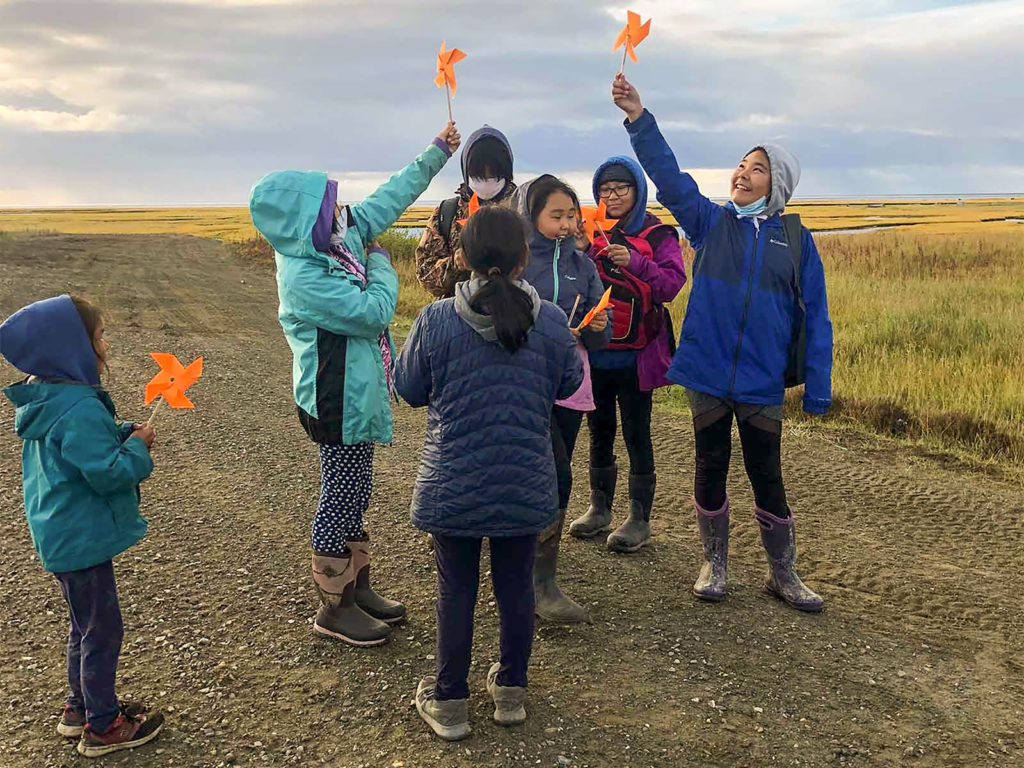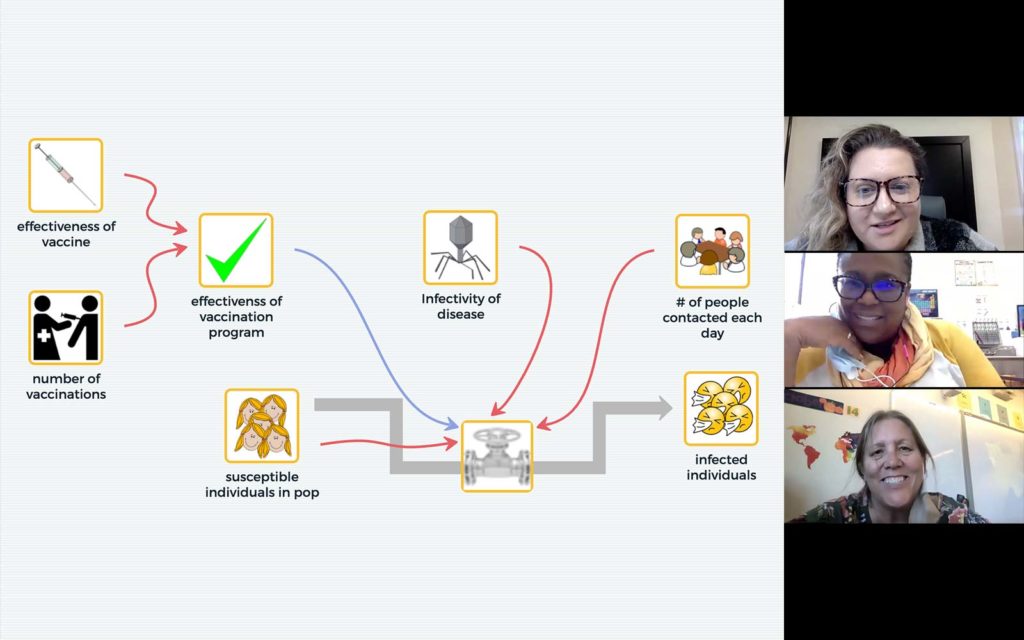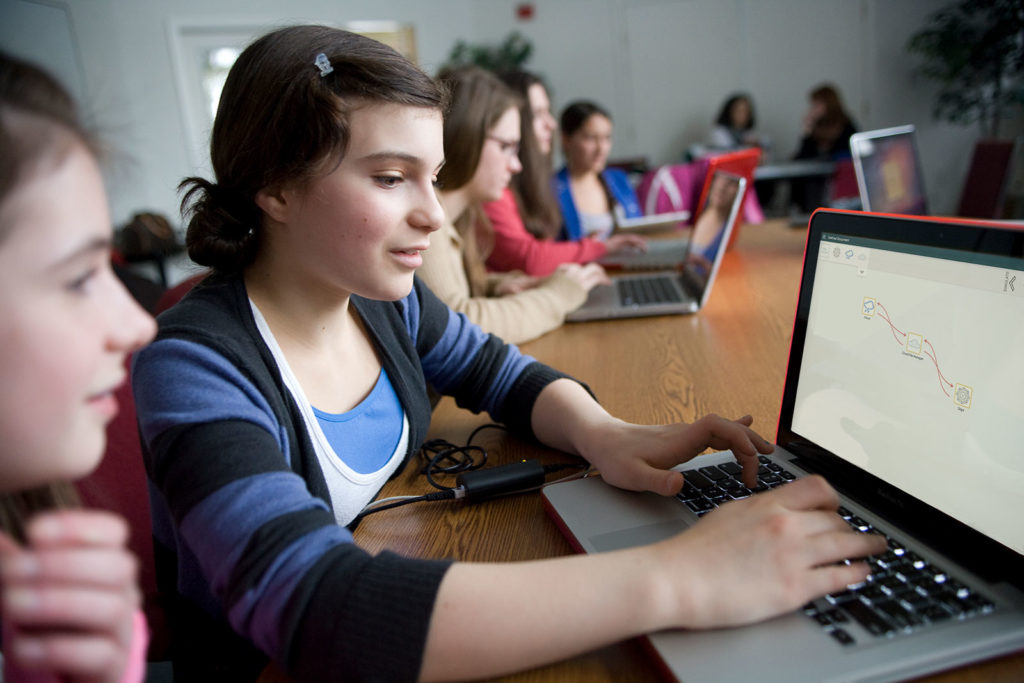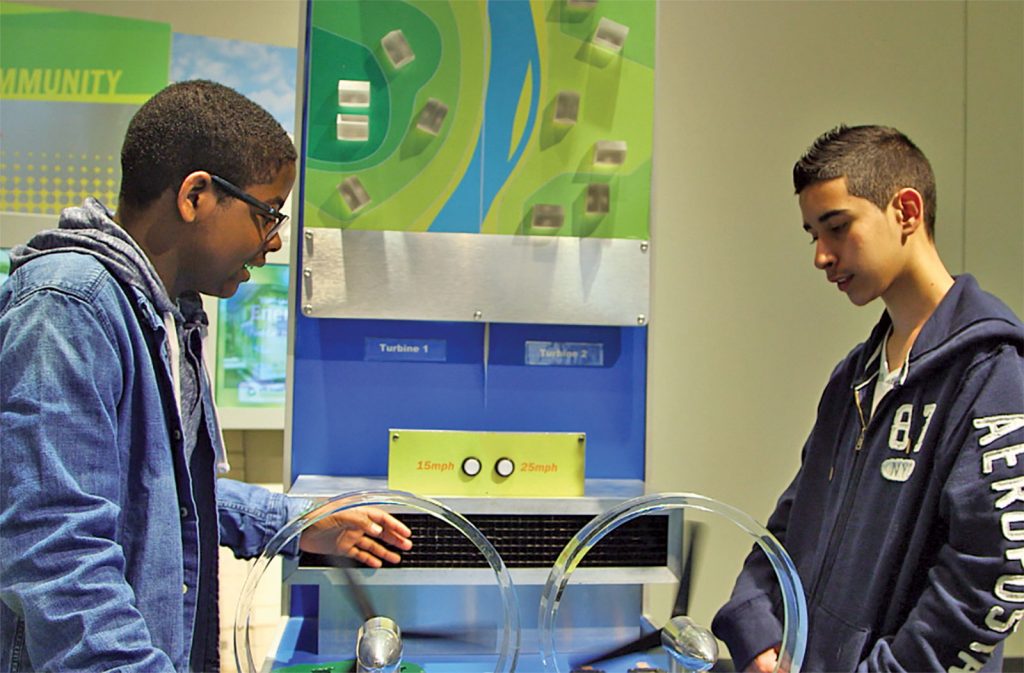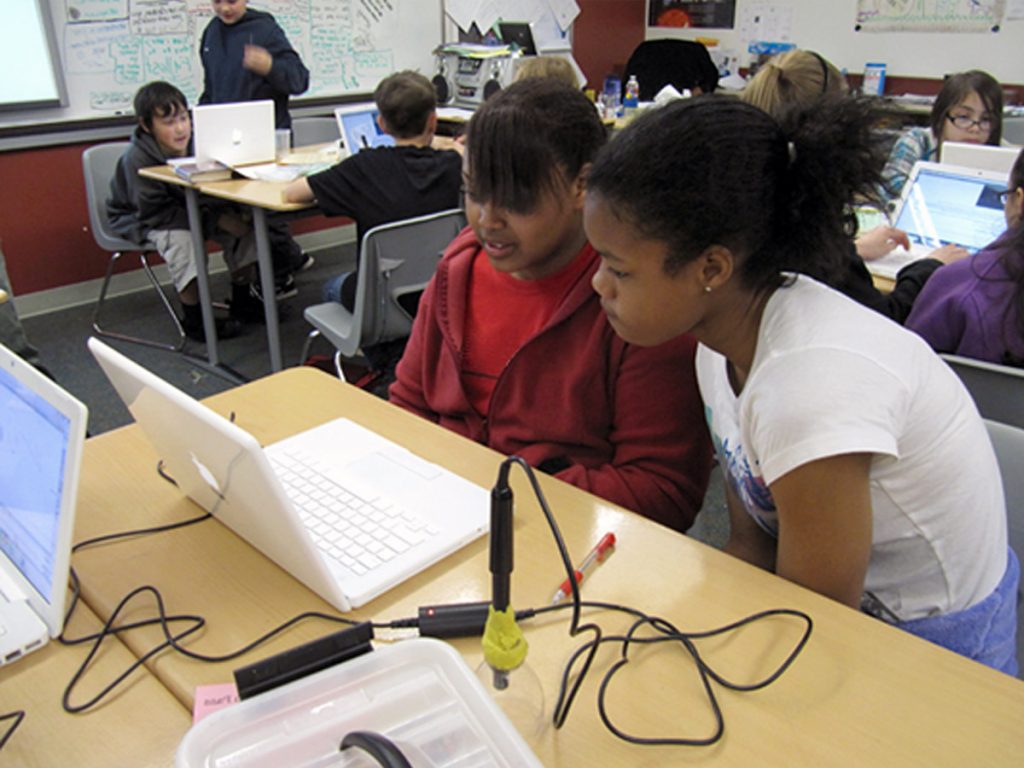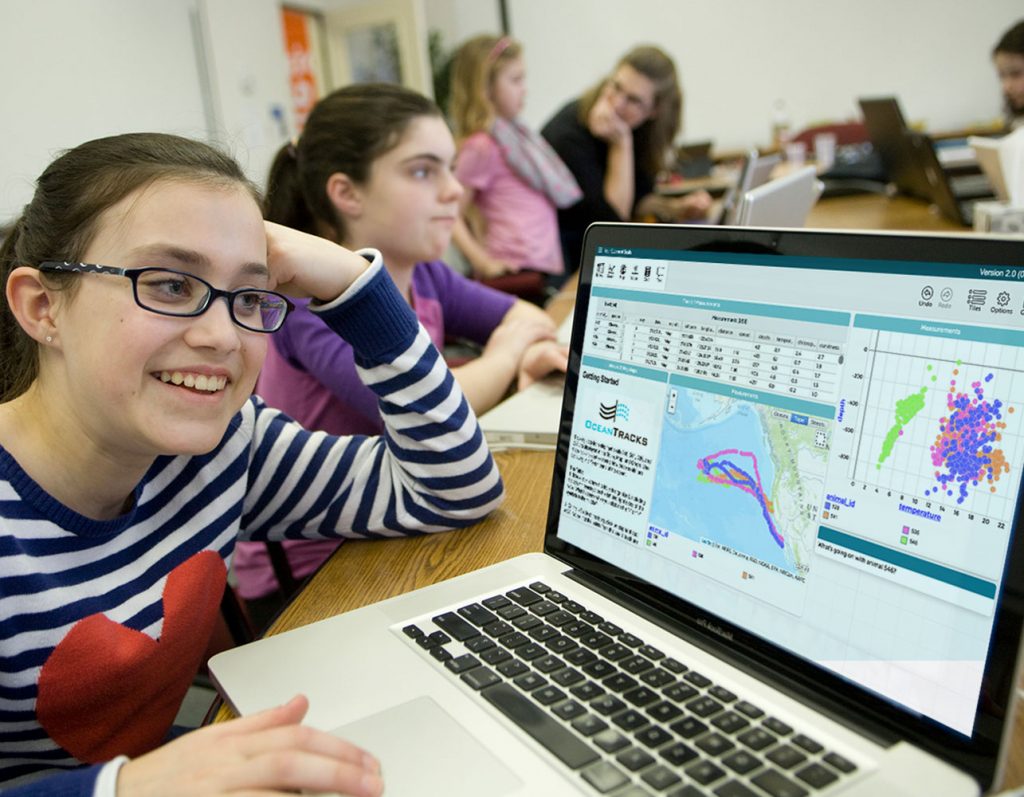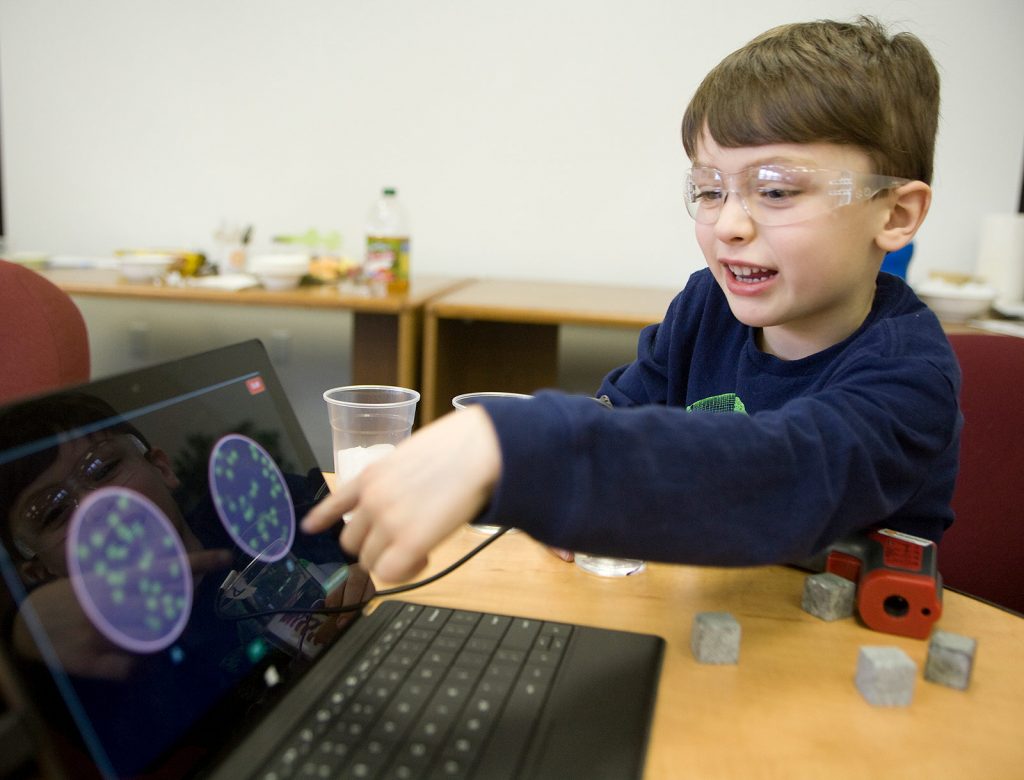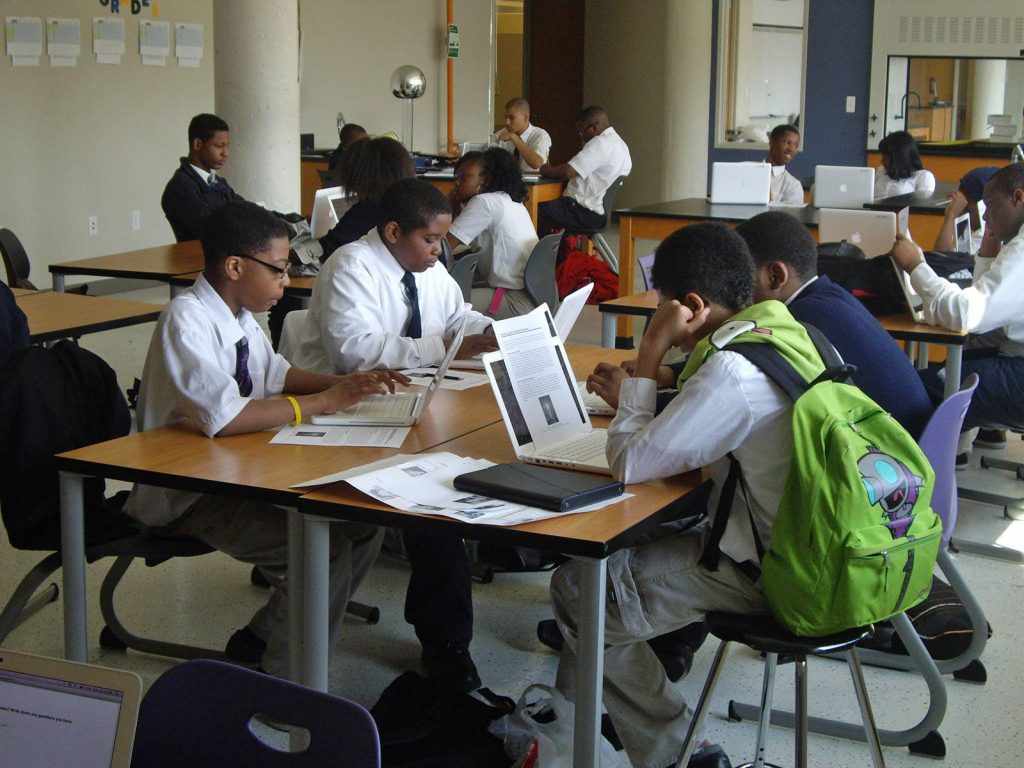Category: Subject: Chemistry
We are working to develop the CODAP ecosystem by engaging user communities, refining development infrastructure, establishing effective governance models, and exploring sustainability options to ensure CODAP’s future.
Two new projects focused on grades 3-5 and 6-8 are supporting Yup’ik students in Hooper Bay, AK. We are engaging community partners, teachers, and students in adapting Concord Consortium STEM units by including local phenomena and Universal Design for Learning (UDL) features.
The Concord Consortium and Michigan State University are collaborating to offer remote professional learning to high school teachers to engage their students in three-dimensional learning using SageModeler for system modeling and computational thinking.
The Concord Consortium and Michigan State University are collaborating to research technological, curricular, and pedagogical scaffolds needed to support students and teachers in developing computational thinking in the context of system modeling.
Learning Everywhere explores how cutting-edge technologies and novel materials can be designed to study and better support engaging conceptual, collaborative, and tangible learning across different contexts and settings.
Students should engage in practices that are essential for learning STEM through both inquiry and design. This comprehensive project assists teachers in preparing diverse students for careers in STEM by engaging them in exciting, inquiry-based science activities.
Assessments for several NGSS Performance Expectations in middle school physical and life sciences, featuring videos and simulations, authentic and engaging scenarios, interactive tools for modeling, and scaffolds and supports.
Common Online Data Analysis Platform (CODAP) provides an easy-to-use web-based data analysis platform that can be incorporated across the curriculum to help students summarize, visualize, and interpret data, advancing their skills to use data as evidence to support a claim.
Developing and researching a curriculum involving the use of dynamic technology-based visualizations and model-based inquiry to support early science learning of concepts involving matter and its changes.
Computer-based models and simulations as well as physical models help students visualize and develop an understanding of the principles that govern interactions at very small scales.

